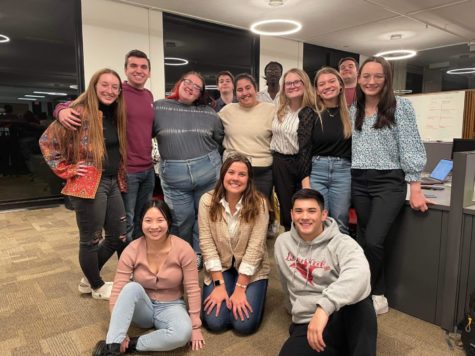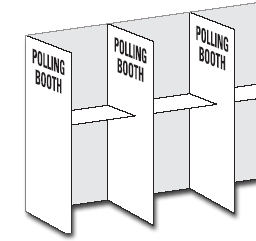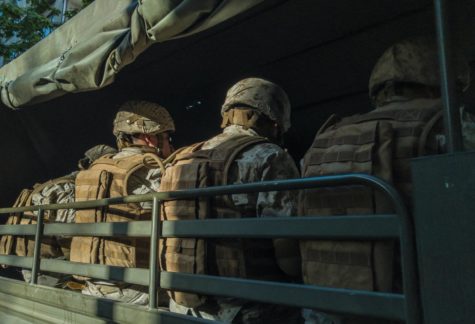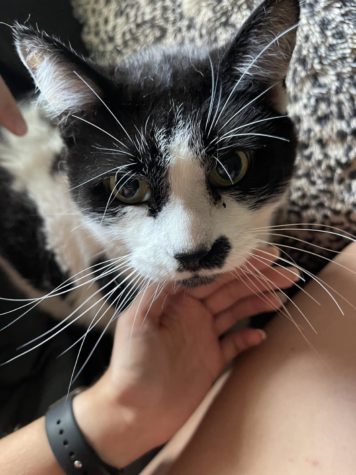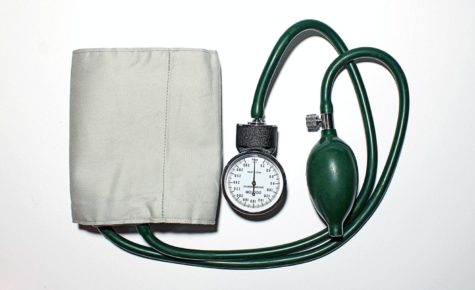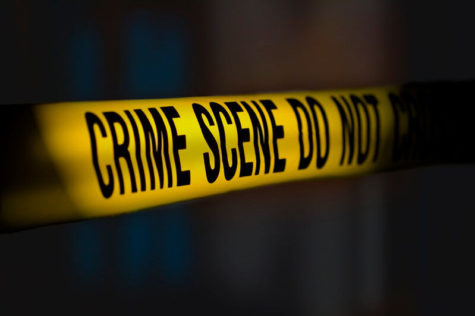Editorial: Who are we supposed to blame?
September 19, 2020
The ISD Editorial Board has harshly criticized the university administration for its response to COVID-19 over the course of the semester thus far.
As the number of cases continues to rise among the student population, we’ve seen how university guidelines are simply not enough to curtail a large outbreak of COVID-19. At the end of August, the New York Times reported Ames to be one of the largest outbreaks in the country, relative to population. While that number decreased, it can easily go back up at any point.
All it takes is another weekend like the one during “801 day” for our campus to become an even larger hotspot.
It’s easy to place all of the blame on university administration. After all, they had all summer to prepare. To be fair, though, we have to acknowledge the position the university is in.
Universities need money to survive, just like any other institution. Iowa State’s financial situation is getting worse. They have a limited budget and are under a lot of pressure. The university can’t afford to send students home or to fully transition to online classes.
From the Cyclones Care campaign to developing guidelines for faculty and staff, it’s clear that the university administration put in a lot of work over the summer to prepare for the fall semester.
Here’s the problem: it’s not enough.
Iowa State has had a lot of good ideas in theory: seating charts for contact tracing and the symptom tracker, among others. The problem is this: the implementation and execution of these ideas are not going well.
The university has been successful in allotting students plenty of options: the students and faculty who require all-online classes have the option of doing so. Classes that can’t be taught online effectively are still in person with plenty of accommodations.
Most of us wanted to return to campus and attend classes in person, and Iowa State accommodated it. They have not, however, been successful in other areas.
For example, the move-in process could have gone much smoother. Iowa State should have required students to test for COVID-19 before move-in and provide verification, much like with other typical vaccines, so students weren’t exposing anyone else before receiving results.
Perhaps the best example of a failure in COVID-19 mitigation by Iowa State is from their response to 801 day.
No, the university can’t necessarily control what students do off campus. What they can do is focus on being clear and consistent in their messaging and their guidelines, which they have attempted to do. Yet again, control is limited.
That’s not to say students aren’t capable of following the rules and acting responsibly, of course. Plenty of students are practicing social distancing and wearing their masks when required. For those of us who are taking this seriously, it can be incredibly frustrating to see other students behaving irresponsibly.
However, this does not absolve the university of its own responsibilities: to keep students safe, to set an example for the student population and to provide safe alternatives to large gatherings.
Students are responsible for themselves as individuals. The university is responsible for students as a whole. While we can criticize and shame students who act irresponsibly, putting the blame on them alone is flawed logic.
Blame rests with federal and state leadership, with the university and with students.
This isn’t a pandemic anymore. This is a U.S. epidemic.
All over the country, universities are struggling to prevent outbreaks, and many implemented online classes completely.
We hope Iowa State’s administration will take this and other feedback seriously and work to improve their mitigation strategies. None of us want to be sent home or have campus shut down. Every student wants the university to succeed.
But we also want to thank the university for doing what they could thus far in implementing safe strategies in an unprecedented event.
In the meantime, we students still have a responsibility to others and to ourselves. Stay home if you are ill, wear your mask and wash your hands.







